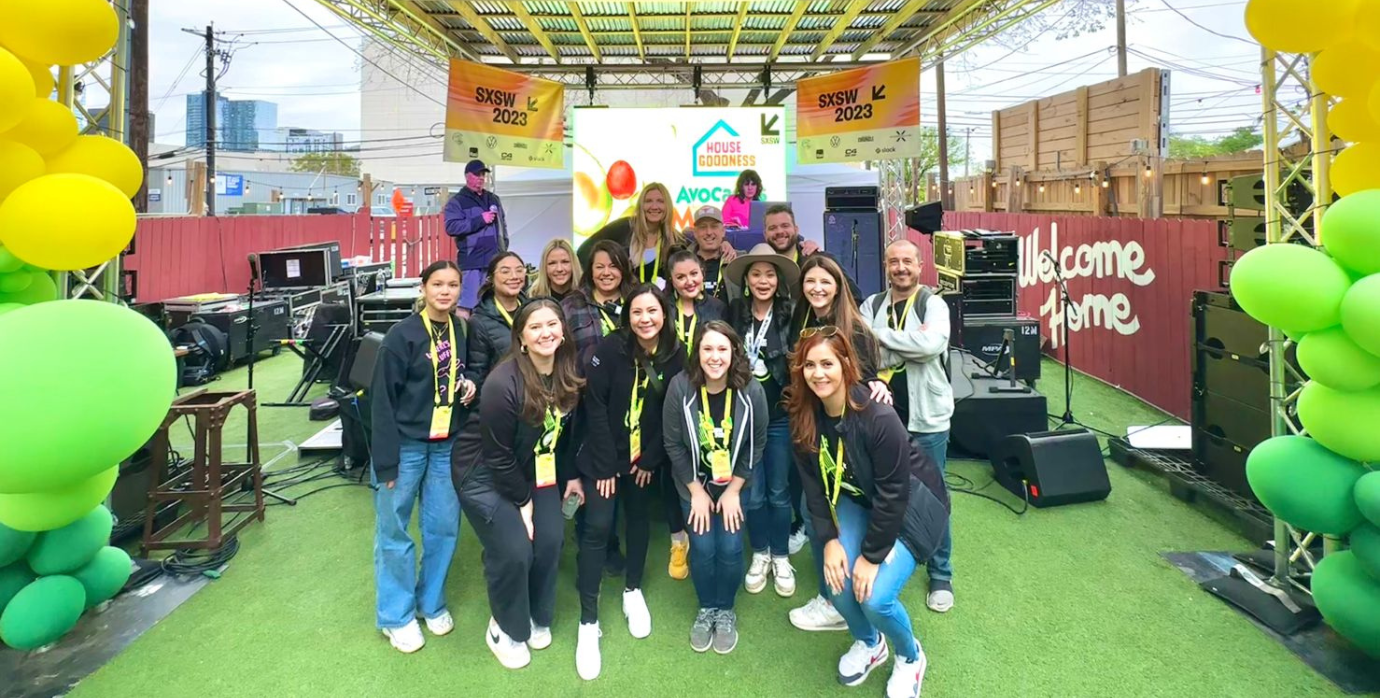270B is a minority-owned business

The Current State Of AI In Search
What good is content if there’s no one to look at it? SEM is super important to our clients and is constantly changing and evolving. To understand where the future is headed, I wanted to first unpack where AI is now and how brands are using it.
Fighting spam:
In 2020, Google built their very own spam-fighting AI that is effective at catching both known and new spam trends. For example, they have reduced sites with auto-generated content by more than 80% compared to a couple of years ago and improved their detection capability by more than 50%.1 This can improve search quality so that the most original and relevant information makes it to search results.
Google Lens:
Google Lens has become increasingly popular, with over 10 billion monthly searches.2 Lens compares objects in your picture to other images, and ranks those images based on their similarity and relevance to the objects in the original picture. Lens also uses its understanding of objects in your picture to find other relevant results from the web.3
YouTube
Recommended based on AI algorithms:
In short, YouTube’s algorithm involves comparing users’ history to a “rich set of features describing the video and user to create the perfect match. This two-tiered system allows the system to handle millions of videos, but also scale down to individual users and provide them with meaningful content.”4
Filtering and censoring results:
During the pandemic, YouTube used their AI bots to flag 11 million videos that contained misinformation or violence. They continue to leverage AI to flag videos for removal.4
YouTube
Microsoft
I recently listened to “The Online Search Wars” from The Daily podcast where they spoke about the new announcement from Microsoft revealing their new AI-powered version of Bing.com.5
This new Bing AI search tool doesn’t just provide links, but answers questions directly via a new interactive chat model. The chat experience empowers you to refine your search until you get the complete answer you are looking for by asking for more details, clarity, and ideas. Bing’s responses are annotated with links so you can immediately act on your decisions.6
Here’s an example:
You are having a party this weekend and need recommendations on easy cocktail recipes for your guests. Of course, you turn to online search, and in this case, the new AI-powered Bing.
You open your browser and pull up the search tool. With traditional search you could say something like, ‘easy cocktail recipes for a pool party’. Since Bing is more conversational, you type, “I am having a pool party this weekend and need recommendations on easy cocktail recipes for a large group.”
Bing searches and provides you with an answer: A classic martini. It only takes 3 ingredients and is the most popular drink in America.
Easy right?
Well – it gets easier. You can drill down further and ask it more questions, like:
● Write a shopping list for ingredients and include enough for 10 people.
● Search grocery stores close by that have all the ingredients.
The biggest drawback is the tool makes mistakes and the one thing we want is for our search results to be accurate.
The good news is that AI can get smarter, and Microsoft does have plans on making the tools more factual. This begs the question though, how accurate can Large Language Models become? For now, there’s still a bit of fact checking that will need to be applied from a user perspective.
“AI will fundamentally change every software category, starting with the largest category of all – search,” said Satya Nadella, Chairman and CEO, Microsoft.6 This is only the beginning for AI, and it will continue to have a significant impact on the industry in the coming years.
Sources:
1. https://developers.google.com/search/blog/2021/04/how-we-fought-search-spam-2020
3 .https://lens.google/howlensworks/
4. https://d3.harvard.edu/platform-digit/submission/youtube-a-super-platform-driven-by-ai/
5. https://podcasts.apple.com/us/podcast/the-daily/id1200361736?i=1000599730444







